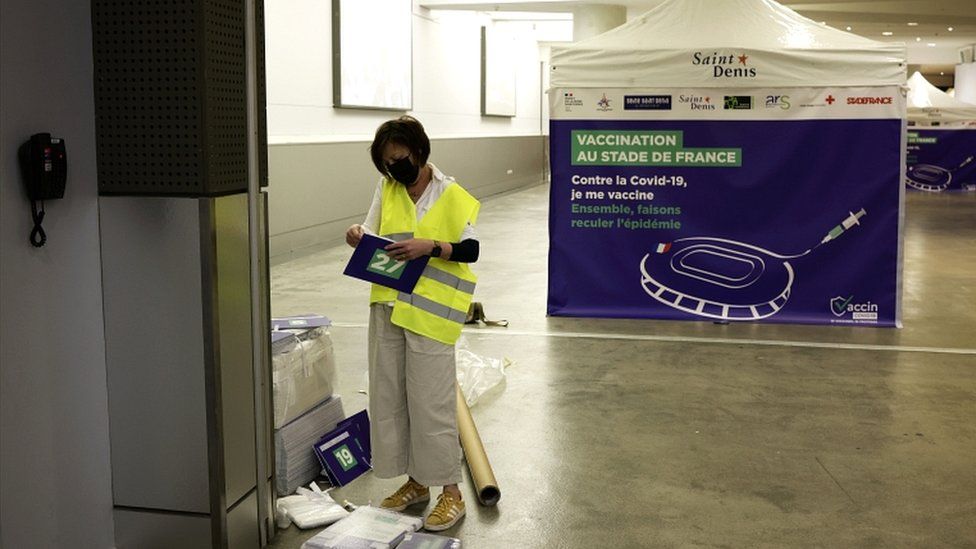
Addis Ababa, April 1, 2021 (Walta) – The World Health Organization (WHO) has criticized the rollout of coronavirus vaccines in Europe as being “unacceptably slow”.
It also says the situation in the region is more worrying than it has been for several months.
Vaccination campaigns in much of Europe have been hit by delays and the number of infections is rising.
France is the latest country to announce new lockdown measures, lasting four weeks.
The EU has been criticized for the pace of its vaccination program – only 16% of its population has received the jab, compared with 52% in the UK.
But the EU says the UK has had an unfair advantage in contracts it signed with vaccine manufacturers, some of whom are based within the EU.
“Vaccines present our best way out of this pandemic… However, the rollout of these vaccines is unacceptably slow” and is prolonging the pandemic in the wider Europe region, WHO director for Europe Hans Kluge said in a statement.
“We must speed up the process by ramping up manufacturing, reducing barriers to administering vaccines, and using every single vial we have in stock, now,” he added.
Last week saw the increasing transmission of Covid-19 in the majority of countries in the WHO European region – which includes more than 50 countries and extends from Greenland to the far east of Russia – with 1.6 million new cases and close to 24,000 deaths, the WHO said.
Only 10% of the nearly 900 million people in the region have had a single dose of coronavirus vaccine.
It remains the second most affected by the virus of all the world’s regions, with the total number of deaths fast approaching one million and the total number of cases about to surpass 45 million, it added.
It also warned of the risks of greater spread associated with increased mobility and the number of gatherings over the forthcoming religious holidays of Passover, Easter, and Ramadan.
Some 27 countries of the more than 50 included in the WHO Europe region have implemented partial or full coronavirus lockdowns, According to BBC.